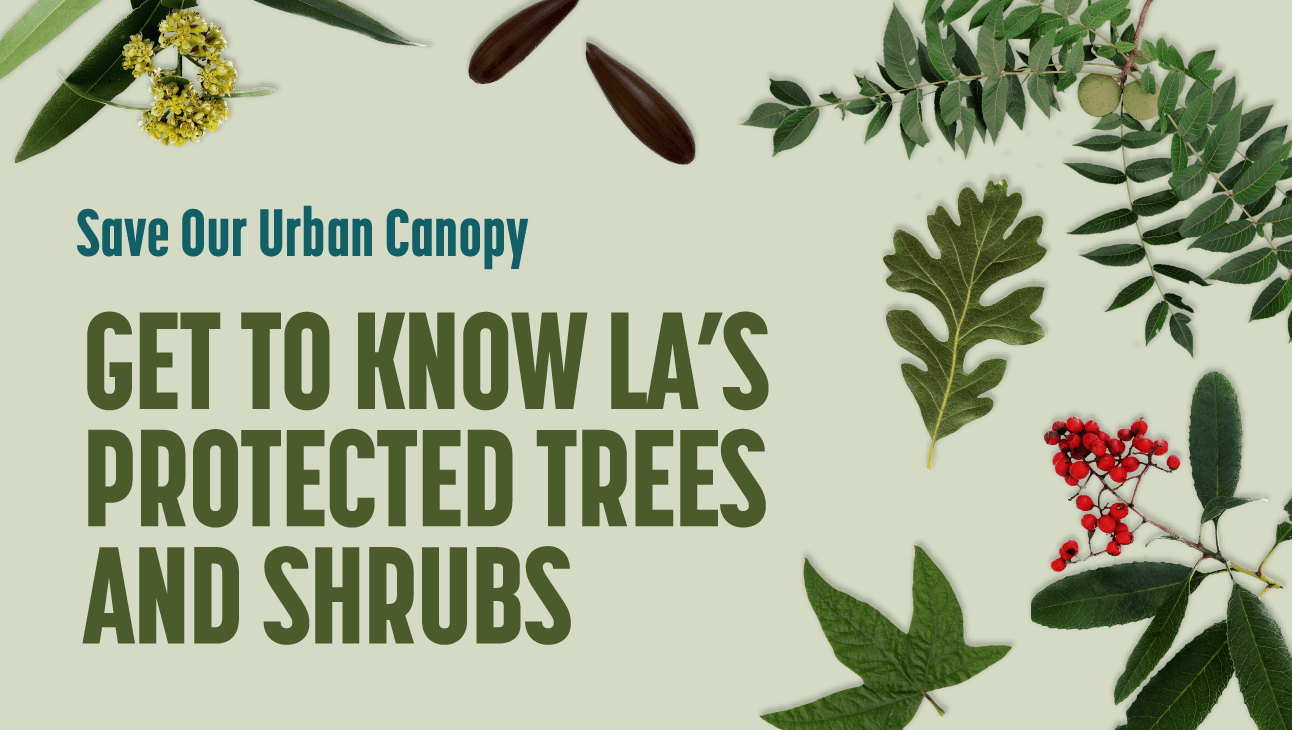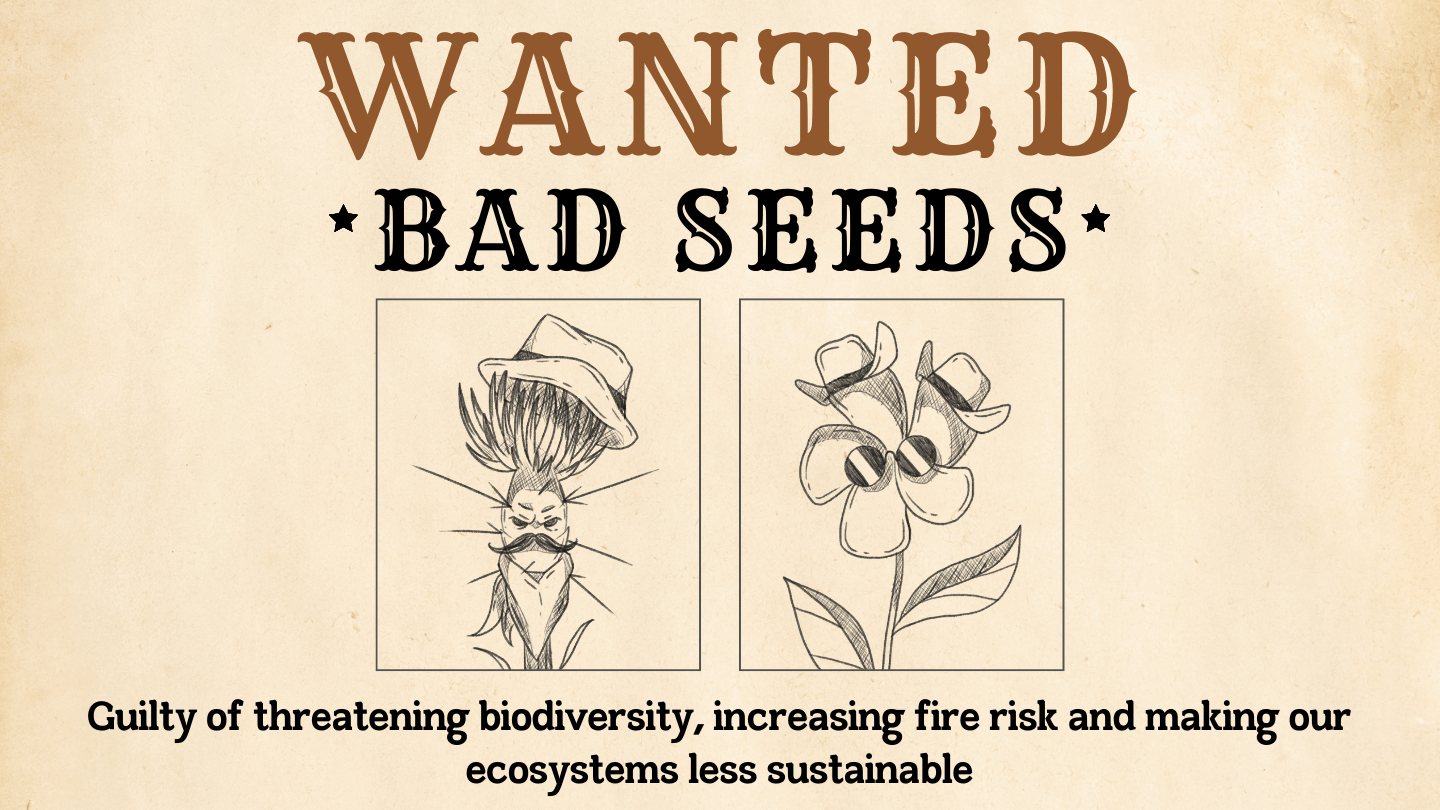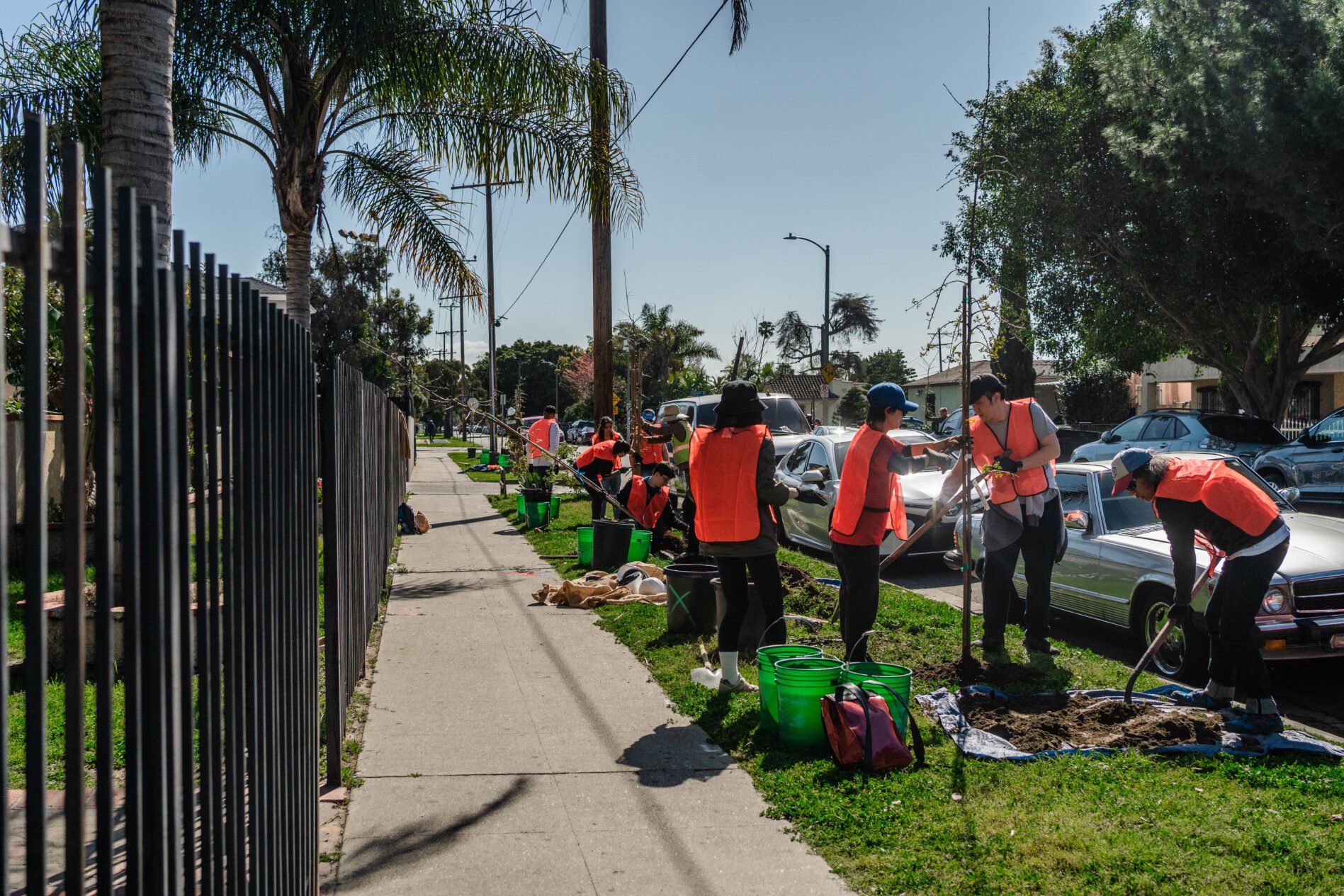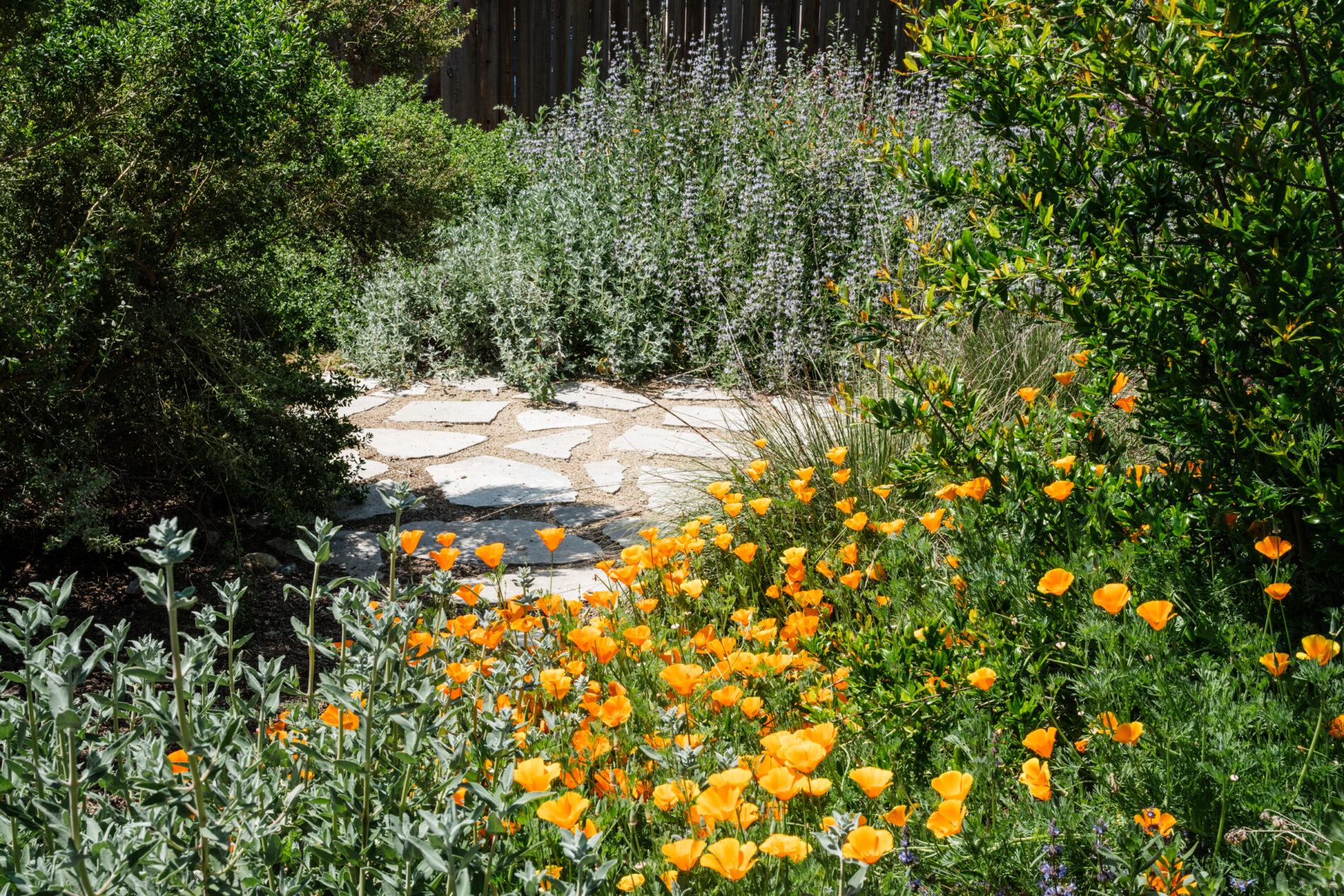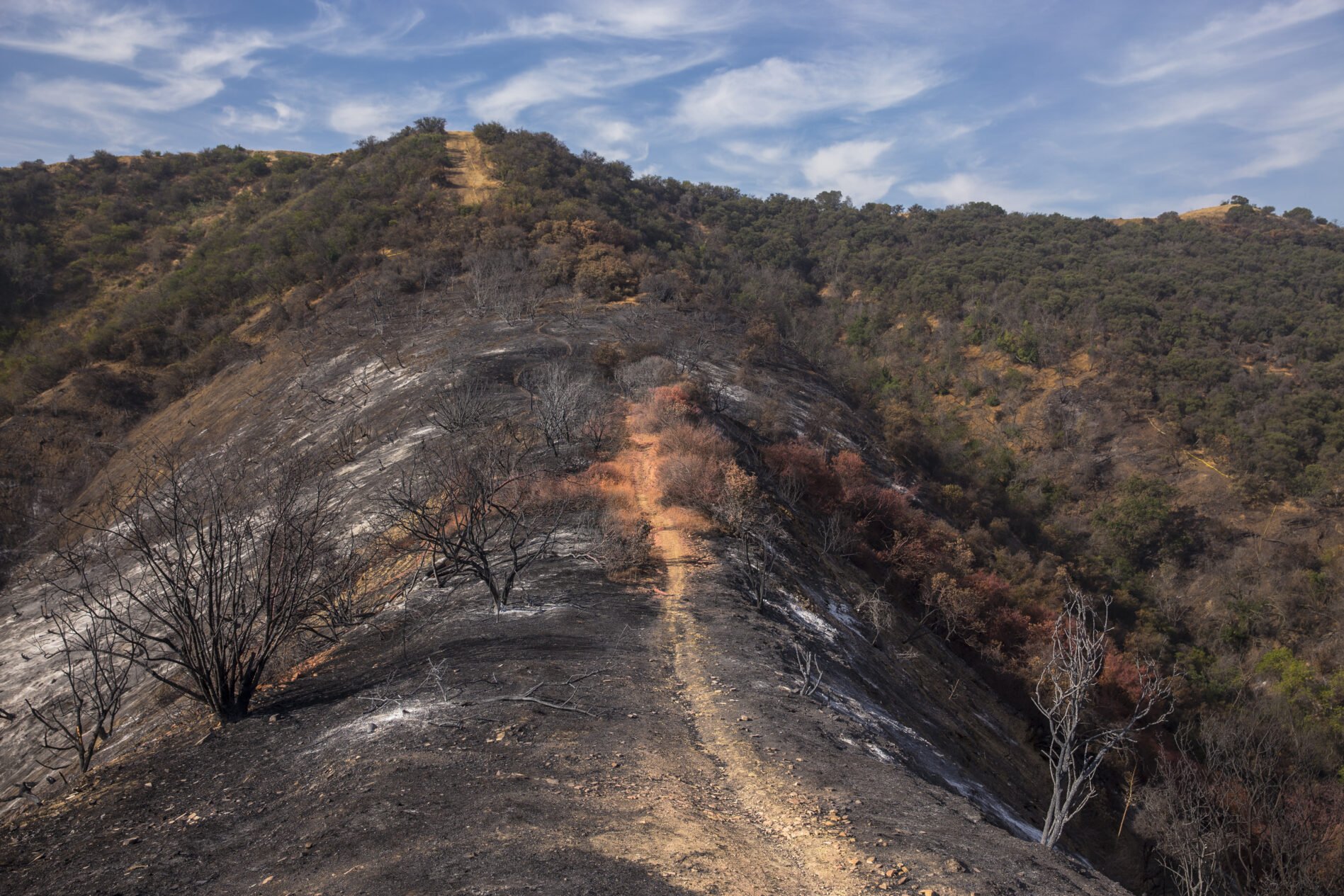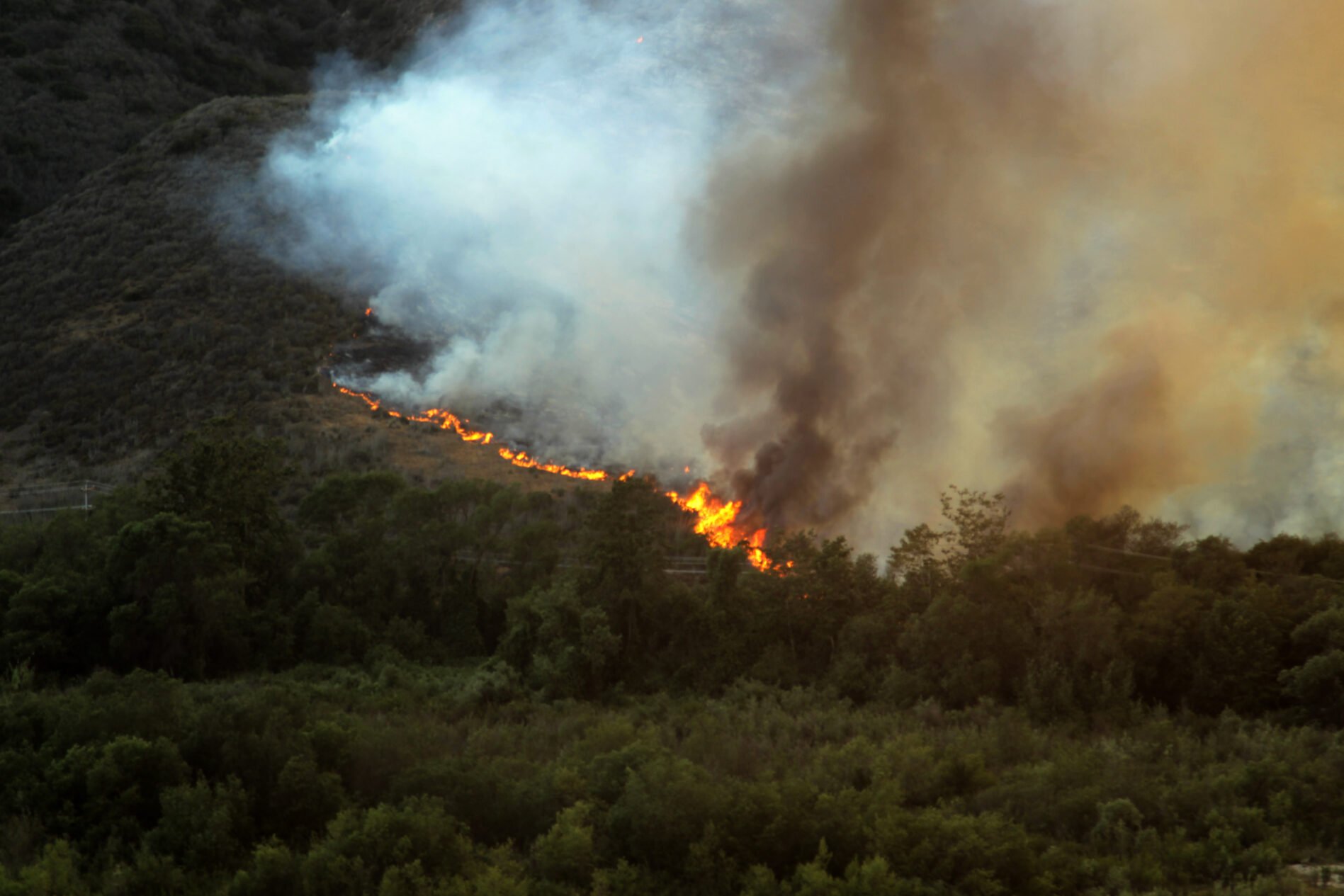LA’s trees and shrubs are critical infrastructure, providing countless benefits to our communities and local ecosystems. Our native trees and shrubs—which are specially adapted to live in this region—play a particularly important role in our local environment, serving as hubs for biodiversity and beacons of climate resiliency that will cool our communities for generations to…
